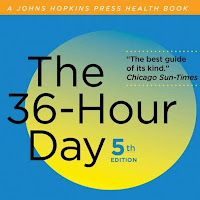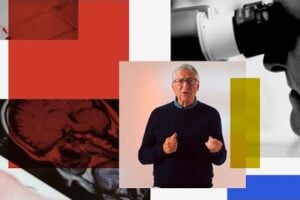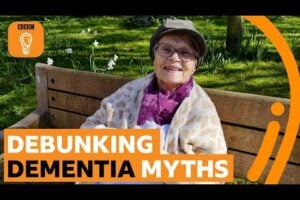In English & Spanish:
The 36-Hour Day
MORE INFORMATION:
The National Institutes of Health (NIH) — The Nation’s Medical Research Agency — includes 27 Institutes and Centers and is a component of the U.S. Department of Health and Human Services. It is the primary federal agency for conducting and supporting basic, clinical and translational medical research, and it investigates the causes, treatments, and cures for both common and rare diseases.
For more information about NIH and its programs, visit www.nih.gov.
SOURCE:
National Institutes of Health













Good video & I'd love to share it but won't because it perpetuates the myth that dementia is a diagnosis of itself. It isn't & it shouldn't be. Dementia is a SYMPTOM of an underlying disease or condition. You wouldn't accept a diagnosis of 'fever' – this is just like that. Push to get the diagnosis of the underlying condition.
There are about 10 different {major} types of dementia & many others that are singular & others that combine with each other etc…
"Cognitive"(?) Too many ALZ/dementia training materials use that word. Although it is technically correct it is a rather 'technical' word.
How many times have you ever used the word 'cognitive' in a sentence? Outside of an ALZ/dementia situation? Have you ever used it at a party? Have you ever said "Gee, your are acting cognitively impaired today. Are you feeling ok?"
The word 'cognitive' is not a vernacular descriptor. It might mean something to scientists, but it's use impairs the applicability of this video lesson to stereotypical informational seekers. And who else would want to see it? Who is the intended audience?
The video also say that 'reason' is impaired. Since dementia presentation is 90+% behavioral, how would a inquiring person interpret the application of 'reason' to the observable changes in a loved one? Personally I dont think that using the word reason is a reasonable mechanism to convey the material.
But I applaud the effort. . . . .